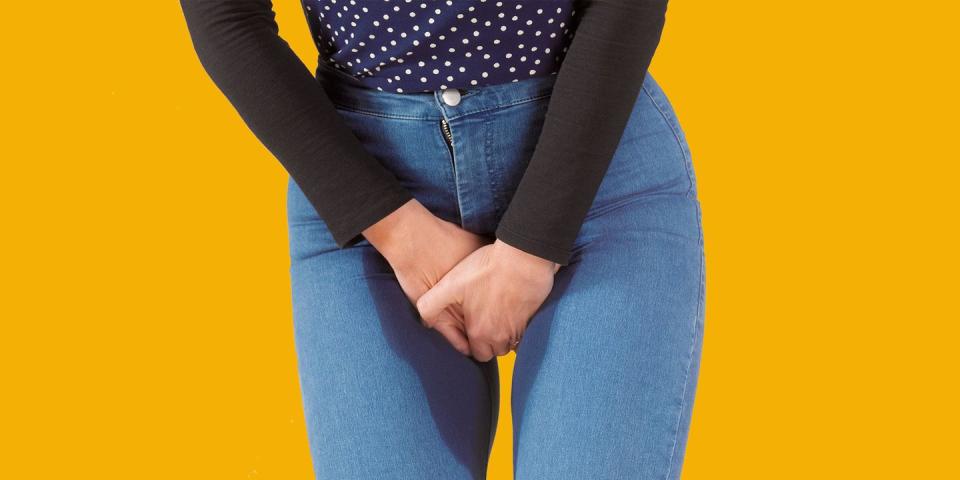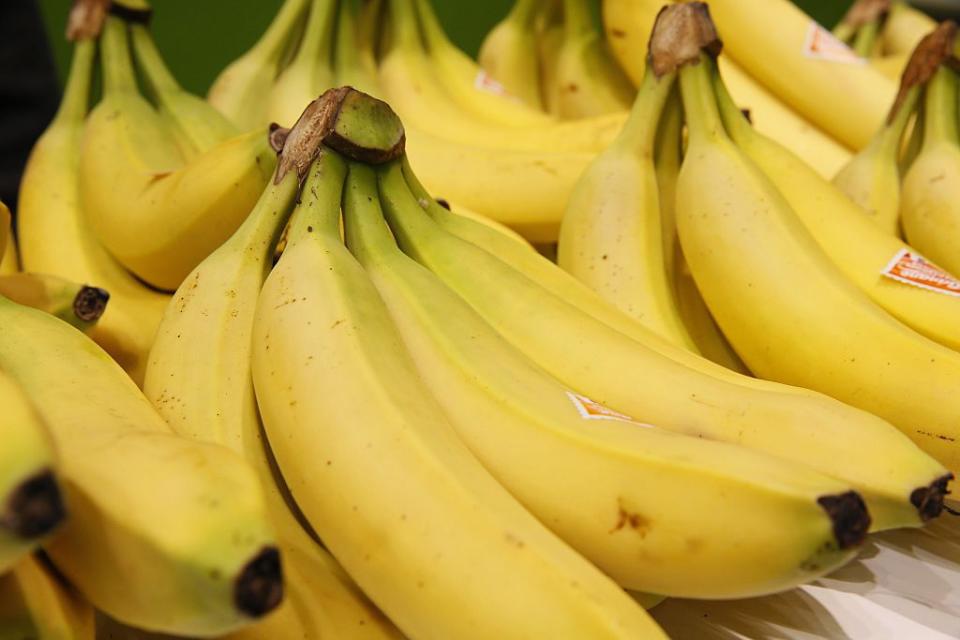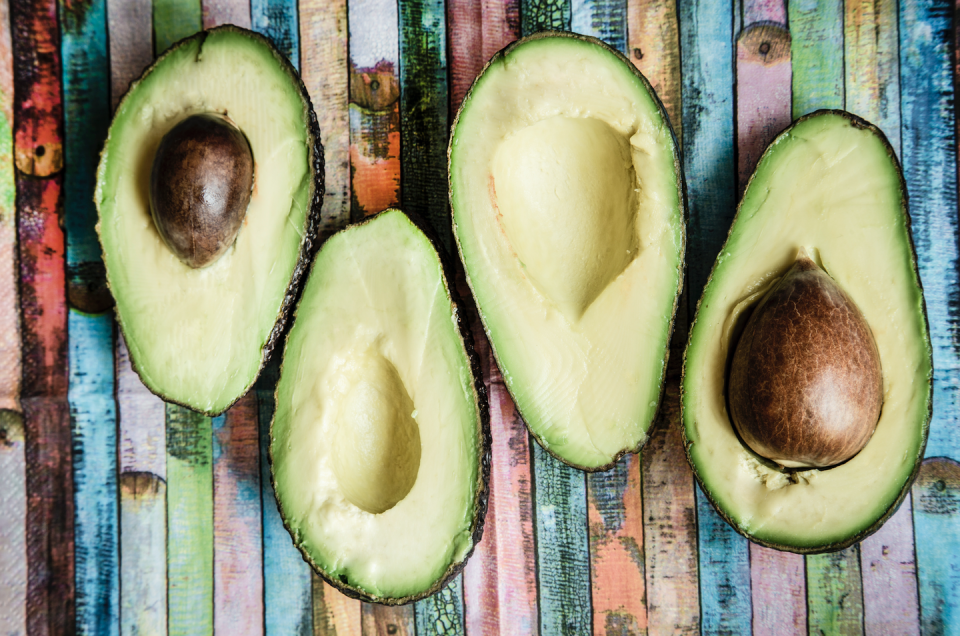5 foods that can strengthen your pelvic floor

In the UK, 1 in 3 women experience bladder leakage caused by a weak pelvic floor. But because people rarely talk about it - who wants to admit they laughed and a bit of pee came out? - it can feel like you're the only one experiencing it.
Pelvic floor problems can occur when the muscles in that area are stretched or weakened, and while it’s a common after-effect of having a baby, it's not just new mothers who have it. Pelvic floor muscle fitness can be affected by a number of things, including being overweight, years of straining on the toilet, lifting heavy weights in the gym, ongoing constipation and ageing.
The most common way to strengthen your muscles down there is through Kegel exercises, but according to Naturopathic Nutritionist, Amy Morris, from Water for Health, your diet also plays an important role too. Here are five foods that will keep your pelvic floor game strong:
1. Water
"Drinking plenty of water will hydrate your body and flush out toxins, keeping your colon intact. Dehydration can lead to bowel dysfunction, primarily constipation, and constipation can play a huge role in contributing to a weakened pelvic floor. You should avoid caffeinated drinks (coffee, tea and fizzy drinks), as they are a diuretic and bladder irritant, and can cause the bladder and any part of the pelvic to become overactive. Bladder irritation can also lead to chronic bladder infections, incontinence, and difficulty urinating, so it’s always best to stick to water. Ideally drink alkaline, antioxidant water due to its superior hydration properties and ability to flush toxins from the body."
2. Bananas
"Bananas contain magnesium - as do potatoes, bananas, wholegrains, beans and nuts. All the above are important to have in your diet because magnesium is such a vital mineral for proper muscle and nerve function. As well as that, it can ease incontinent worries because it reduces bladder muscle spasms and enables the bladder to fully empty upon urination. Magnesium has also been proven to relieve constipation due to its laxative effect; it draws water into the stools, easing any tension, and making them softer and easier to pass."

3. Oily fish
"Many of us are consuming more omega 6 fatty acids than we should (from vegetable/seed oils), which can cause inflammation in the body. Omega 3 fatty acids are another type of fatty acids from fish oils, which have consistently shown to lower levels of inflammation, therefore helping to reduce any irritation that can occur from omega 6 fatty acids. Omega 3 can be found in many foods including oily fish, flax seeds and walnuts, however to ensure you’re reaching the recommended daily amount, I recommend taking a high quality supplement."
4. Avocados
"Foods that contain high amounts of citric acid, such as oranges, lemons, grapefruit and cranberries, can cause irritation and worsen bladder control. Opt for fruit and vegetables that are low in acid, such as bananas, avocados, peas and apples, as they will provide the body with vital nutrients including fibre, without causing irritation to the pelvic floor. If possible, choose organic."

5. Eggs
"Recent studies have shown that women who have high levels of vitamin D are less at risk of having a weakened pelvic floor. Vitamin D affects skeletal muscle strength and function, and insufficiency is linked to poor muscle strength and loss of muscle mass. Vitamin D has been shown to increase skeletal muscle efficiency at adequate levels, as vitamin receptors are present in our muscles and therefore have a direct effect on our pelvic floor muscles. I recommend taking a Vitamin D supplement to ensure your vitamin D levels are in the healthy range, especially during the colder months. Vitamin D can also be found in foods including oily fish, raw milk and eggs. However the very best way to ensure you’re getting Vitamin D, is to get adequate levels of sunshine."
A holiday it is then...
Follow Cat on Twitter.
You Might Also Like

